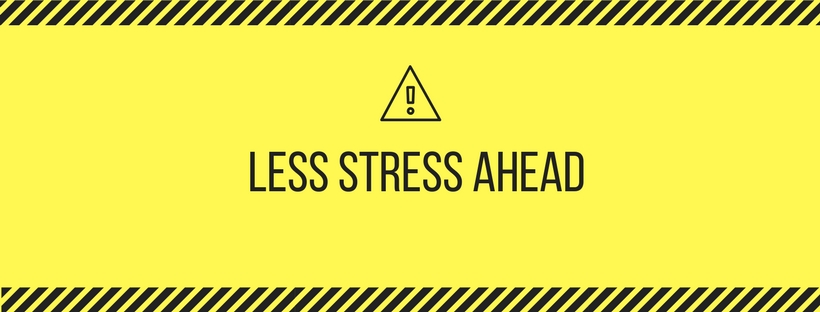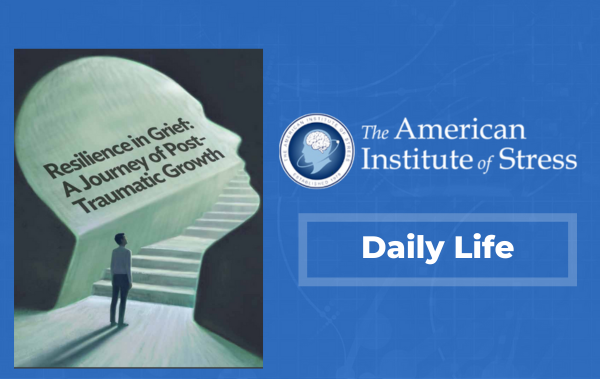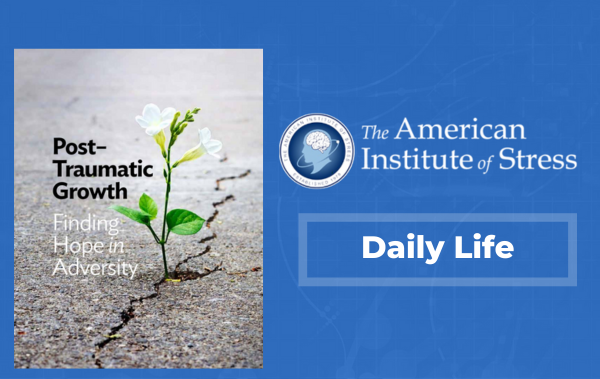The second your brain shifts into consciousness each morning, you start analyzing your world, assigning meanings, weighing pro’s and con’s, and predicting outcomes—from what to eat/wear/do/watch/read, to how to think/feel/behave, to which of your of billion plus thoughts should actually come out of your mouth. (There’s a constant challenge!)
You are a decision-making machine—making an estimated 35,000 decisions a day! Of course, some are “no-brainers”, but some really wear you down, trigger all kinds of “stuff”, or just plain pile up and leave you feeling stressed or stuck in “analysis paralysis”. Life today definitely challenges your human decision-making apparatus: that slower-processing, energy-hogging, miraculously powerful, but massively overworked frontal lobe.
Gone are the days when the routines of life gave your frontal lobe regular recess and refueling while you milked the cow or tended the garden. Not only do you have more choices at hand, and fewer energy renewing rituals, you are paid to think and decide! if that’s not enough, your technology hovers by with an ever-present, addictive menu of choices.
My amazingly successful client was lamenting that, by the time she gets home, her fuse is short with the very people she loves. Don’t ask her what she wants to do for dinner, where they should go on vacation, or even what color to paint the den. She has been cranking out powerful, people managing, even life and death level decisions all day long in the hospital. She cares enormously… but her frontal lobe is spent!
But you have to make decisions, lots of them! So how can you reduce the stress and fatigue? By staying out of these common pitfalls:
-
Stuck in Decision Mud
I cannot tell you how often, just a few questions into a coaching conversation, it becomes obvious that the big-hairy decision at hand is not actually the source of my client’s stress. The real choice is hidden under the weeds or mixed into a web of other issues.
Once the real decision emerges from the mud, it’s as if the light comes on, making it so much easier to see the wise, values-based choice.
How often have you fret over something in front of you, when something deeper is amiss? Of course, the more tired or overwhelmed you are, the easier it is to land in this muddy pitfall!
- Use the stress or analysis paralysis as a cue to ask yourself some questions
- Refuel your frontal lobe as best you can
- Get clear about what is really at stake
- Then use your values, purpose and strengths as your GPS
- Be courageous!
-
Assuming There Is A “Right Way”
Hello, perfectionists–this one’s for you (and me!). You get stuck wanting to make the “right choice” as ifthere is a clean, perfect answer to every situation. But most decisions are complex, often messy, and involve grey zones, risks, and trade-offs. And contrary to the expectations of your inner critic, your boss, or our culture, adults do not have all the answers, nor are they really supposed to.
Yes, when you dig down to values and priorities, there is probably a wiser choice. I’m not saying give up ideals or excellence, just get real, get grounded, and realize when you are stuck in “getting it right” more than finding solution.
- Check in to see if this decision is triggering fear or your inner critic
- Let go of winning (or not losing) in favor of best solution for now
- Do whatever you can to stay curious—it’s all research!
- Remember most decisions are not as permanent as they feel in the moment
- Find grace and compassion with yourself for decisions that are truly scary
-
Assigning Too Much Importance
One of the first things to suffer when your frontal lobe is overwhelmed, stressed, or tired, is your ability to assign importance or priorities well. Molehills become mountains in an instant! The fine art of catastrophizing flourishes. “If I don’t say yes to my boss, my whole career is ruined, and if I say yes, my family will hate me.” Really?
When you take the decision or yourself too seriously, you limit your access to your more creative, problem-solving powers. Of course, some decisions are very heavy and deserve respect, so be careful not to waste energy inflating the significance of others.
- Take a breath, step away, do some self-care
- Assign a priority grade to this choice- based in your values and purpose
- Ramp up curiosity—what would you tell your best friend about this dilemma?
- Review similar decisions you’ve made and what worked well
-
Wearing out Your Decision Apparatus (Your Frontal Lobe)
Decision fatigue is real. But there are lots of ways to reduce demand on your frontal lobe. First, though, it’s your responsibility to rebuild the self-awareness necessary to discern if you are indeed too fatigued to access your best wisdom.
- Identify your dashboard for knowing if you are overloaded
- Use analysis paralysis as a cue to ask what you really need
- Put bigger decisions on your calendar in time slots when you have energy
- Discern and enlist wise counsel wisely—there is NO shame in asking for help and… don’t let fear of commitment/responsibility push you to rely too much on others
- Eliminate as many repetitive or less important choices as possible: look over your month—where do you waste time or energy repeating decisions? (Think Mark Zuckerberg’s wardrobe)
- Consider self-care always your wisest choice!
-
Decision avoidance
This one comes in 2 forms—frank evasion and “pseudo-decision.” Sometimes not making a choice works and the need to goes away, but too often procrastinating just increases the amount of energy the decision sucks up as your brain continues to keep that plate in the air.
The sneakier pseudo version looks like you made a quick decision—any decision that immediately reduces your tension in the moment. But your less-than-well thought out choice actually creates more work for yourself or others down the road. Professional procrastinators, overwhelmed impulsives, and passive aggressives can lift this to an art form.
- If you can’t decide now, make sure you clearly capture what needs attention in a system you trust, so you don’t feel too overwhelmed and procrastinate more.
- Check in to make sure you have the energy and bandwidth to think something through at the meaning level
- Routinely set aside time to think strategically, proactively (a meeting with yourself!) to craft choices in advance
- Notice when you do your best once-and-done work and recreate that
You have a lot more deciding to do, so you want to be “fit” for the task. In the long run…you will save time, energy, and tons of stress. Get clear about your best motivators, aware of your typical triggers and how you best deal with them, and committed to the self-care that will keep you thinking well.
The more you support your frontal lobe, the more choice power you will have. REST. RECHARGE. REFLECT. REPEAT!!!


 by
by 



